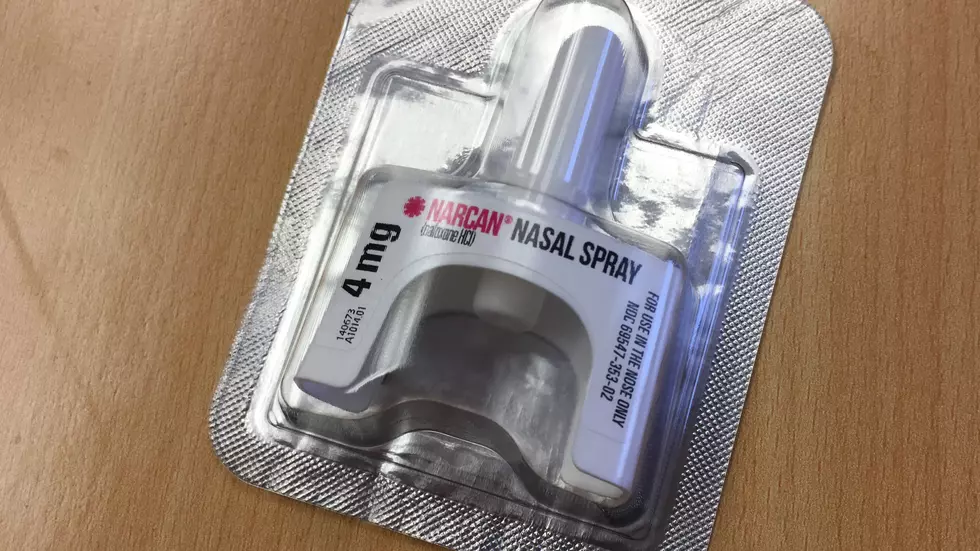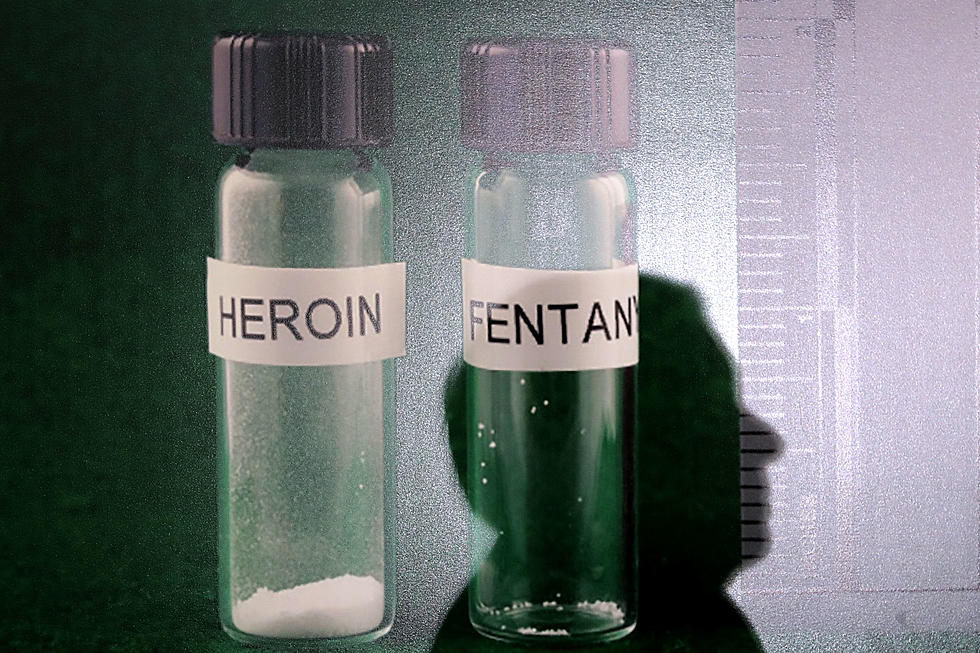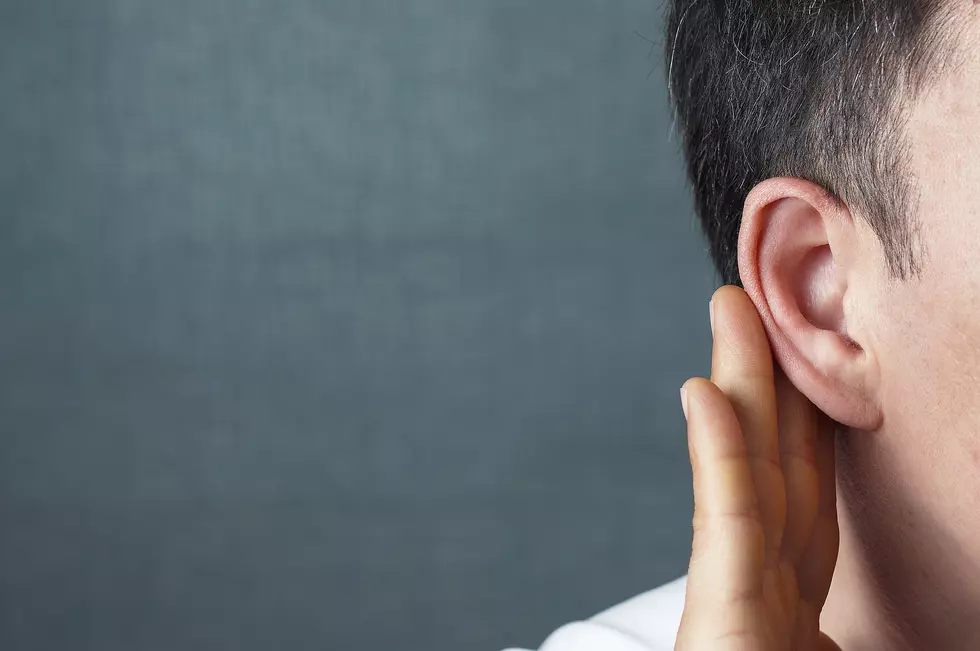
New Jersey ‘all in’ on increasing access to life-saving Narcan
Over just the last two years, law enforcement and EMS in New Jersey have administered naloxone, the life-saving opioid antidote, more than 27,400 times to individuals who were in the middle of an overdose.
The true number of naloxone deployments throughout the Garden State, however, is much higher, due to a large number of everyday residents having regular access to the drug and obtaining it in case a family member or stranger on the street should be in need of revival.
The CDC on Tuesday underscored the importance of naloxone, better known as Narcan, in the nation's fight against the severe heroin and opioid usage problem.
But the federal agency said the overdose-reversing tool is still not used enough in places where it's needed most. According to the CDC, nearly 9 million more naloxone prescriptions could have been dispensed nationwide in 2018 if every patient prescribed a high-dose opioid were also offered naloxone.
"We really think one of the keys to us being able to slow down this epidemic in our state is making sure as many people as possible have the tools they need to help," Carole Johnson, commissioner of the state Department of Human Services, told New Jersey 101.5.
In what's believed to be the largest one-day distribution of free naloxone, New Jersey on June 18th handed out more than 32,000 free doses to 16,000 residents to help them be prepared to take on a role.
In the moment of reversal, Johnson said, emergency responders have a crucial chance to get someone on the path of addiction recovery. Earlier this year, the then-commissioner of the Department of Health signed an executive order permitting paramedics to carry the oral medication buprenorphone, which can help mitigate symptoms of opioid withdrawal and ideally keep users in the right state of mind to focus on recovery and not just their next fix.
Since the fall of 2017, the state health department has issued 590 standing orders to dispense naloxone without a prescription, covering more than 1,000 pharmacists working at about 450 pharmacies across the state. State law in 2017 was changed to allow any state-licensed pharmacist, in good standing, the opportunity to apply for a standing order.
"Standing orders allow pharmacists to dispense naloxone to individuals at risk of an overdose or to an individual who wants to administer it to a loved one or someone in an emergency," DOH Acting Commissioner Judith Persichilli said in a news release.
Many major grocery store chains participate in the program. Opioid Overdose Prevention Programs, and all seven Harm Reduction Centers, also dispense the antidote without a prescription, the state said.
Also increasing access to naloxone, the state's Medicaid program provides the medication without a copay. The CDC cited copays as a barrier to obtaining Narcan.
"We call it a whole government response here," Johnson said. "Part of that is going all in on the things we know work."
The state saw more than 3,100 overdose deaths in 2018.
More from New Jersey 101.5:
Contact reporter Dino Flammia at dino.flammia@townsquaremedia.com.
More From New Jersey 101.5 FM









